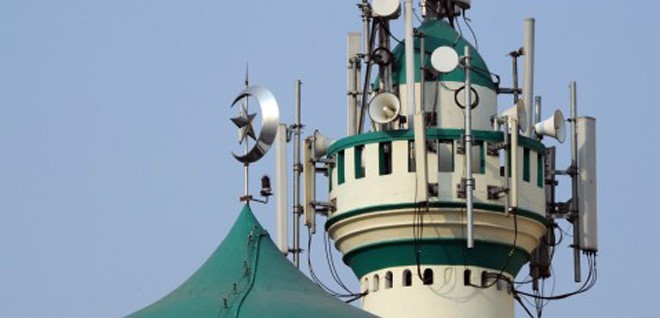
Experts look with skepticism at Punjab Government’s massive crackdown against ‘extremists’ and arrest of thousands of people

Punjab is in limelight these days, taking an apparent lead among provinces in launching a crackdown against militants and extremists. This is in implementation of the National Action Plan (NAP), a strategy evolved in the backdrop of Army Public School Peshawar attack on December 16, 2014.
Last week, the provincial security authorities claimed launching a "targeted operation" against the supporters and aides of banned militant outfits in southern Punjab too. These elements had been put under surveillance after the unveiling of NAP.
The watch on persons on Fourth Schedule under the Anti-Terrorist Act of 1997 is tightened which means thousands of activists and supporters of various sectarian outfits, a senior official in the Inspector General Punjab Police office tells TNS.
The Fourth Schedule, technically, restricts the movement of a person placed on the list from the place of his permanent residence without seeking prior permission from police. Besides, he is bound to keep the police informed of the place of visit and the people he meets during his stay. Police also claim they have arrested hundreds of hate-speech promoters and Afghan refugees suspected of locally facilitating some terrorist groups.
In January 2015, the Punjab government also introduced three ordinances namely: the Punjab Sound System (Regulation) Ordinance 2015 to control hate speech and misuse of loudspeaker/amplifier; Arms Ordinance 2015 to eliminate display of arms and use of illegal weapons; and Punjab Information of Temporary Residents Ordinance 2015 to take action against landlords or tenants and guests of hotels, hostels and rest houses and property dealers from all over the province for not informing them of their temporary residence.
"Till the end of January, there has been crackdown against illegal refugees and 1,115 Afghan refugees were apprehended from different parts of the Punjab," senior police officials share the figures of last month, adding, "Out of these suspects, 242 managed bail through court while 843 were sent to jail." They say there have been 2,812 cases on violation of arms display ordinance.
There have been 1542 cases for hate speech and 289 accused were arrested. For the violation of Loudspeaker and Sound System Act, 2,041 people were rounded and charge sheet against 1,511 of them was presented before the courts. These are bailable offences or the law permits the court to impose fine on them, so most of them get away easily, according to police sources.
Security experts and political analysts term these efforts cosmetic, slow and not likely to create a large scale impact. Hassan Askari Rizvi sees in them more rhetoric than action. "One should not expect much change. The present crackdown seems a cosmetic impact of new policies but in reality no government can curb terrorism and militancy unless it has the will and capacity to deal with militancy based in the Punjab province," he says. "The civilian government wants to show some results and please the army for the moment."
Rizvi views they are only arresting prayer leaders and some local imams of mosques for misuse of loudspeaker or people displaying arms etc and have "not made any headway in dealing with religious seminaries and militant sectarian organisations."
According to reports, the law enforcement agencies and the district intelligence committee suggested to the government to include PML-N MNA Chaudhry Abid Raza Gujjar in the list of the Fourth Schedule due to his alleged links with some banned outfits. When the news appeared in the national press, his name was finally dropped from the suggested list. This shows the commitment to fight terrorism is not as strong as it is made out to be.
According to news reports, the lawmaker, alleged to be a sympathiser of Lashkar-e-Jhangvi, spent five years in jail on murder charges and ran for a National Assembly seat from Gujrat on a PML-N ticket. He has remained under Fourth Schedule. He was cleared by an election tribunal of the Lahore High Court on April 18, 2013 to contest the general elections.
Shaukat Javed, retired Inspector General Punjab Police and former director of Intelligence Bureau, says the only positive thing is beginning of action against Loudspeaker and Amplifier Act violators. "This is a good initiative which should have been taken long ago," he says. "However, this should not discriminate any particular sect."
He asserts that this violation of Loudspeaker Act which spreads hate speech must be controlled to maintain peace in the society. The litmus test of this crackdown would be controlling hate-speech on sensitive days like Muharram and Eid Milad-ul-Nabi.
However, there is lack of a concrete and comprehensive plan against religious seminaries, he says. He thinks that randomly targeting people and allowing them to get away by paying fine is not sufficient or effective strategy.
Contary to common perception, Rizvi thinks the Punjab government is acting weak in dealing with hardline religious circles. He says the government is so soft that it is not prepared to even put the names of banned outfits on its official website. "The impact of this crackdown is going to be minimal. I don’t think it will weaken the entrenched militant and sectarian groups. The issue will remain unless the civil government addresses it in a meaningful manner," he concludes.